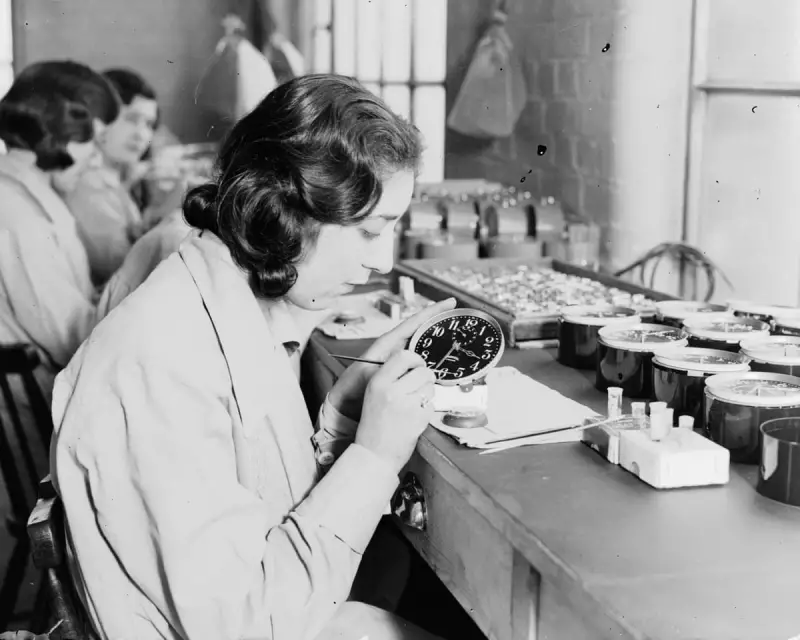
This weekend marks that familiar autumnal ritual when Britain collectively reaches for the clock and turns it back an hour. Yet for many, this annual exercise feels increasingly like a relic from another era - a tradition that's lost its purpose in our modern, 24/7 world.
The Historical Hangover
The practice of changing clocks dates back to the First World War, when it was introduced to save energy and make better use of daylight hours. For over a century, we've been dutifully adjusting our timepieces every spring and autumn. But in an age of electric lighting, global business, and digital connectivity, the original justification seems to be fading faster than the evening light.
The Modern Disconnect
Today, the clock change creates more complications than solutions. Working parents struggle with disrupted children's routines. International businesses face scheduling headaches across time zones. The promised energy savings have become negligible in our constantly illuminated digital age.
As one London office worker put it: "My team in New York doesn't care what time it says on Big Ben. We work by project deadlines, not by the sun's position."
The Health Impact
Medical professionals have raised concerns about the effects of time changes on public health. The sudden shift disrupts sleep patterns and circadian rhythms, leading to increased fatigue and even higher risks of heart attacks and strokes in vulnerable populations during the adjustment period.
A Nation Divided
The debate over whether to maintain the status quo, adopt permanent summer time, or stick with Greenwich Mean Time year-round continues to divide opinion. While some cherish the extra hour of daylight in summer evenings, others argue that darker winter mornings pose safety risks for children travelling to school.
As we prepare to gain that extra hour in bed this Sunday morning, perhaps it's time to ask whether this century-old tradition still serves its purpose, or whether Britain needs to finally move with the times.





